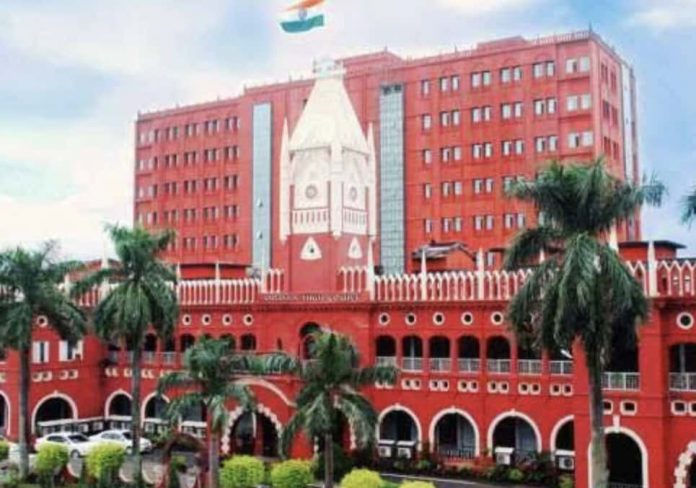ILNS: The Orissa High Court has taken suo motu cognizance of the recent tragic deaths of sanitation workers in Bhubaneswar and Cuttack. The inhuman practice of manual scavenging, notwithstanding the enactment of the Prohibition of Employment as Manual Scavengers and their Rehabilitation Act, 2013, “shocks the judicial conscience, as it should the society’s collective conscience,” remarked the court on Monday, April 19.
The division bench of Chief Justice S. Muralidhar and Justice B.P. Routray said:
“It is inexplicable that a democratic country governed by the Constitution, the Preamble to which assures to all Indians social justice, equality of status and of opportunity, fraternity assuring the dignity of the individual, should witness, and condone, in the 21st century, the deplorable practice of making humans enter sewer lines and septic tanks that require cleaning, without protective gear, and in that process sacrifice their lives for the better health of their fellow beings.”
A report was published in the Bhubaneswar edition of the New Indian Express on April 16, 2021, pointing out that two sanitation workers engaged in manually cleaning a sewer line in Cuttack city died of asphyxiation, while the condition of a third worker was critical. On April 15, 2021, one of the sanitation workers entered a 15-feet deep sewer line and became unconscious inside the tank due to asphyxiation. Two other sanitation workers went inside to rescue him, and they too fell unconscious. The three were rushed to a hospital, wherein two of them were declared to have been brought dead and the third one was receiving treatment.
A similar incident took place in Bhubaneswar on March 19, 2021, when two sanitation workers, who were engaged in the maintenance of a 25-feet deep sewage tank, died of asphyxiation.
The court underscored that Article 17 was written into the Indian Constitution with the hope that the practice of untouchability in general and manual scavenging in particular would not continue in a free and independent India.
The court relied on the directions issued by the Supreme Court in the case of Safai Karmachari Andolan v. Union of India, (2014) 11 SCC 224, and directed payment of compensation to the tune of Rs10 lakhs each to the families of each of the sanitation workers, who lost their lives in the tragic incidents. The court ordered for ensuring that the criminal law process has been set in motion in respect of the two incidents as required under Section 9 read with Section 10 of the PEMSR Act, which penalizes engagement of any person in the cleaning of sewer lines or septic tanks.
The court further ordered that the relevant provisions of the SC & ST (Prevention of Atrocities) Act, and the Rules thereunder, be applied in case any of the victims belongs to the SC/ ST community, and to inform the Court about the status of the enquiry on the incident in Cuttack, and if the enquiry is complete, to place the copy of the enquiry report and the corrective steps taken pursuant thereto before the Court.
For ensuring strict compliance of the aforementioned directions, the Court issued notice to the following parties:
(i) The State of Odisha through its Chief Secretary
(ii) The Secretary, Housing & Urban Development Department, Government of Odisha, Bhubaneswar
(iii) The Secretary, Scheduled Castes & Scheduled Tribe Welfare Department, Government of Odisha
(iiii) The Public Health Engineering Organization, Government of Odisha
(v) The Collector, Cuttack
(vi) The Collector, Khurda at Bhubaneswar
(vii) Commissioner, Cuttack Municipal Corporation
(viii) Commissioner, Bhubaneswar Municipal Corporation
(ix) LC Infra Project Private Limited
Read Also: Supreme Court says we want Vedanta plant to produce oxygen, Tamil Nadu to file affidavit on Monday
The matter is listed for May 10 and the above-mentioned parties are required to file an affidavit of compliance before the next date of hearing.
orissa-sewer-deaths

